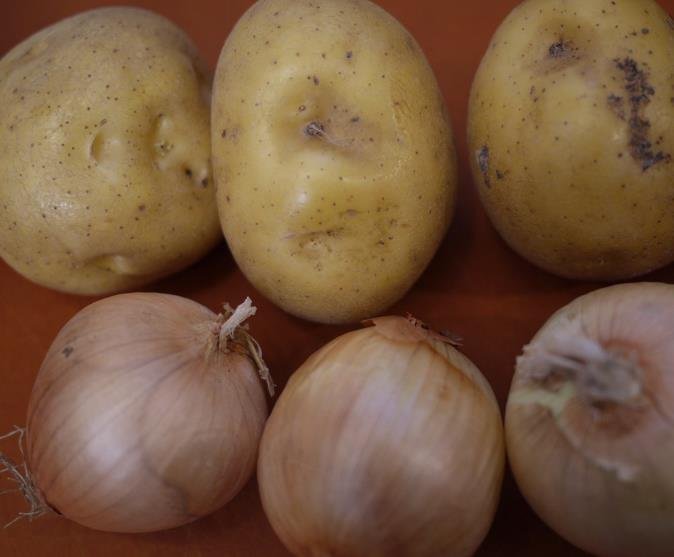Egypt has reported a remarkable surge in its agricultural exports, surpassing 6.9 million tons between January 1 and October 16, 2024. This impressive performance has generated approximately USD 4.04 billion (EGP 196.3 billion) in export revenue, marking a significant increase from the previous year.
Significant Growth in Export Revenue and Volume
According to Alaa Farouk, Egypt’s Minister of Agriculture and Land Reclamation, the agricultural sector has witnessed substantial growth over the past ten months. The exports not only saw a USD 980 million (EGP 47.6 billion) boost in revenue but also an increase of 574,000 tons compared to the same period last year.
Mohamed El-Mansy, head of the Agricultural Quarantine Authority, highlighted these figures in a recent report, emphasizing the sector’s pivotal role in Egypt’s economy.

Leading Agricultural Export Products
1. Citrus Fruits
Citrus fruits dominated Egypt’s agricultural exports, with a total of 2,274,295 tons shipped abroad. The vibrant citrus market has been a cornerstone of Egypt’s export strategy, catering to international demand for high-quality fruits.
2. Fresh Potatoes
Fresh potatoes followed closely, accounting for 973,130 tons of exports. This substantial volume underscores the efficiency and scalability of Egypt’s potato farming and export infrastructure.
3. Onions
Onions secured the third spot with 281,785 tons exported, demonstrating the country’s capability to meet global demand for this essential vegetable.
4. Beans (Fresh and Dry)
Beans, both fresh and dry, totaled 225,035 tons, positioning them as the fourth most significant agricultural export. This category includes a variety of bean types that are staples in numerous international cuisines.
5. Grapes
Grapes were exported in quantities of 179,993 tons, reflecting Egypt’s successful cultivation and exportation of this popular fruit variety.
6. Sweet Potatoes
Sweet potatoes rounded out the top six with 153,736 tons shipped abroad, highlighting the diversity and resilience of Egypt’s agricultural produce.
Year-on-Year Growth and Economic Impact
The reported increase in both export volume and revenue indicates a robust year-on-year growth, reinforcing Egypt’s position in the global agricultural market. The USD 980 million rise in export earnings has had a positive impact on the national economy, contributing to GDP growth and enhancing foreign exchange reserves.
Economic Benefits:
- Job Creation: The agricultural sector’s expansion has created numerous jobs, from farming and harvesting to processing and exporting.
- Foreign Exchange Earnings: Increased exports have bolstered Egypt’s foreign exchange reserves, supporting the stability of the national currency.
- Rural Development: Growth in agricultural exports has stimulated development in rural areas, improving infrastructure and living standards for farming communities.
Strategic Initiatives Driving Export Success
Egypt’s agricultural export success can be attributed to several strategic initiatives and government support mechanisms aimed at enhancing productivity and market access.
1. Modern Farming Techniques
Investment in modern farming techniques and technologies has significantly improved crop yields and quality, making Egyptian agricultural products highly competitive in international markets.
2. Export Infrastructure Enhancement
Upgrades to export infrastructure, including transportation and logistics, have streamlined the export process, reducing costs and transit times.
3. International Trade Agreements
Active participation in international trade agreements has opened new markets and reduced trade barriers, facilitating smoother export operations.
4. Quality Assurance Programs
Implementation of stringent quality assurance programs ensures that exported products meet international standards, thereby increasing consumer trust and demand.
Future Outlook and Expansion Plans
Looking ahead, Egypt aims to further diversify its agricultural exports and explore new markets to sustain and enhance its export growth. Plans include expanding into higher-value crops and increasing investments in agricultural research and development to maintain competitiveness.
Key Focus Areas:
- Diversification: Introducing new crop varieties to reduce dependency on a few key exports.
- Market Expansion: Exploring untapped markets in Asia and Europe to broaden export reach.
- Sustainability: Promoting sustainable farming practices to ensure long-term agricultural productivity and environmental preservation.
Alaa Farouk concluded, “Our achievements in agricultural exports reflect the hard work and dedication of our farmers and the strategic support from the government. We are committed to continuing this growth trajectory by enhancing our capabilities and exploring new opportunities in the global market.”
